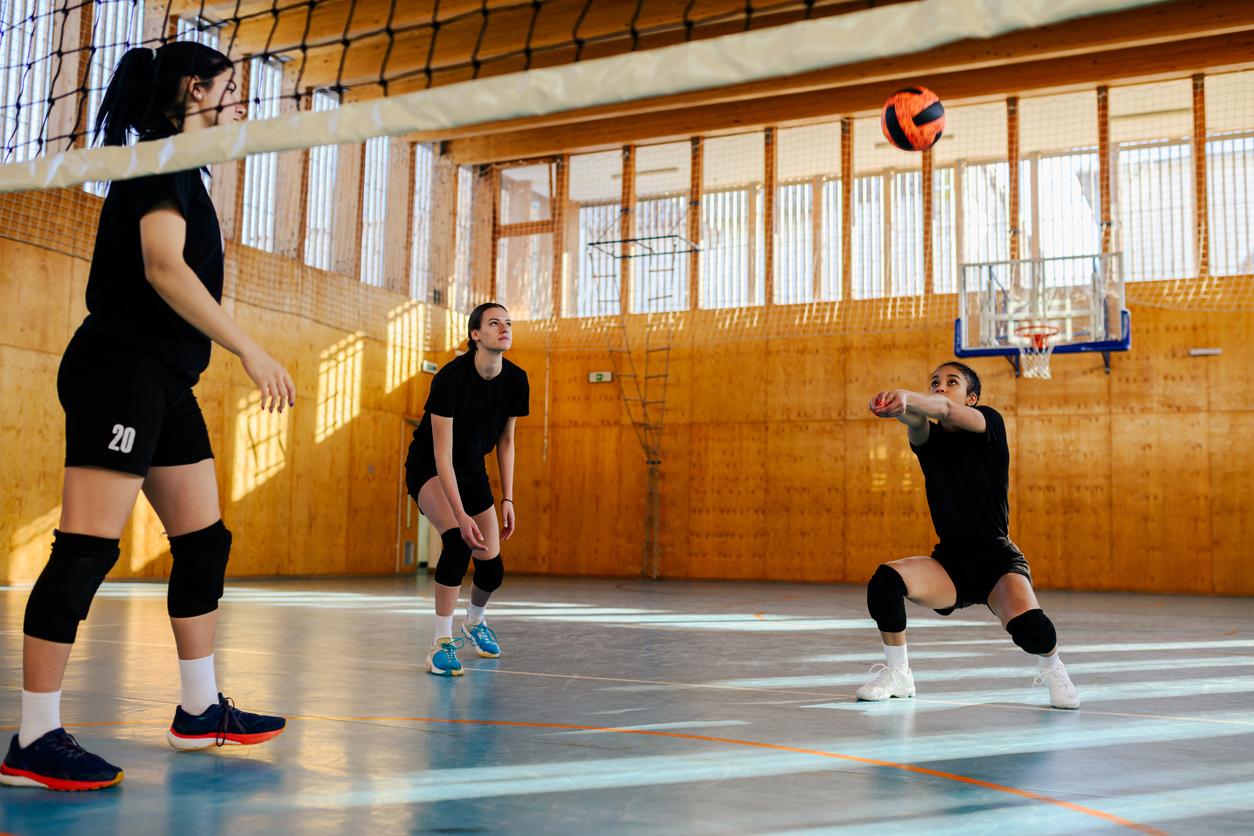An American study suggested that the first sexual intercourse with penetration could strengthen the vaginal immune system in women.

- Every day, more than one million new cases of sexually transmitted infections (STIs) occur among 15-49 year olds, according to the World Health Organization (WHO).
- The most common venereal diseases are syphilis, chlamydia, gonorrhoea, and trichomoniasis.
Recently, American researchers observed a very strong reaction of the immune activity of the vagina during the first penetration in a woman. “We did this study to find out how starting to have sex affects the immune system in the vagina.” explained Sean Hughes, lead author of the work and researcher at Department of Obstetrics and Gynecology, Washington University School of Medicine (USA).
Inflammation vaginal: “a maturation of the local immune system of the vagina”
As part of this research published in the scientific journal eLife, scientists examined 180 cervical-vaginal swabs from 95 young women aged 18 and over living in Kenya. These samples were taken in the months before and after the first sexual intercourse.
The authors measured the concentration of 19 molecules known to mediate immune reactions. Result: they all increased in the post-first intercourse samples with penetration. They also found that this increase intensified throughout the first year of sexual life. To confirm their results, Sean Hughes and his team analyzed the samples taken by other teams from 18 Americans and 93 Belgians. Inflammation was identified in participants beginning their “penetrative” sex life.
However, researchers are uncertain whether the onset of penetrative sex is related to this inflammation of the vagina. “My hypothesis is that penetrative sex causes exposure to many foreign antigens such as semen, bacteria from other microbiota, lubricants or condom materials. This exposure would then result in the release of immune mediators and recruitment of immune cells, said Sean Hughes. This phenomenon could therefore be due to “a kind of maturation of the local immune system in the vagina”.
“We don’t know if what we’re seeing is a harmful level of inflammation”
Regarding the evolution of the immune response over the long term, the scientists estimated that it stabilized from a moment. “I think she hits a plateau with regular sexual activity, but we don’t have data to determine how long it takes to hit that plateau”, noted the author of the study.
During the research, the scientists also wondered whether an inflammation of the vagina could prove to be dangerous for women. “We don’t know if what we’re seeing is a harmful level of inflammation or if it’s best viewed as just an increase in immune activity.”specified the researcher while recalling that adolescent girls and young women are more at risk of developing a sexually transmitted infection compared to older women.
Could a strong immune reaction of the vagina have a protective role against STIs? For the time being, the authors do not have the data necessary to reach such a conclusion, but they made assumptions. A strong immune presence in the vagina could better protect it from infections, but it could also favor certain venereal diseases.















